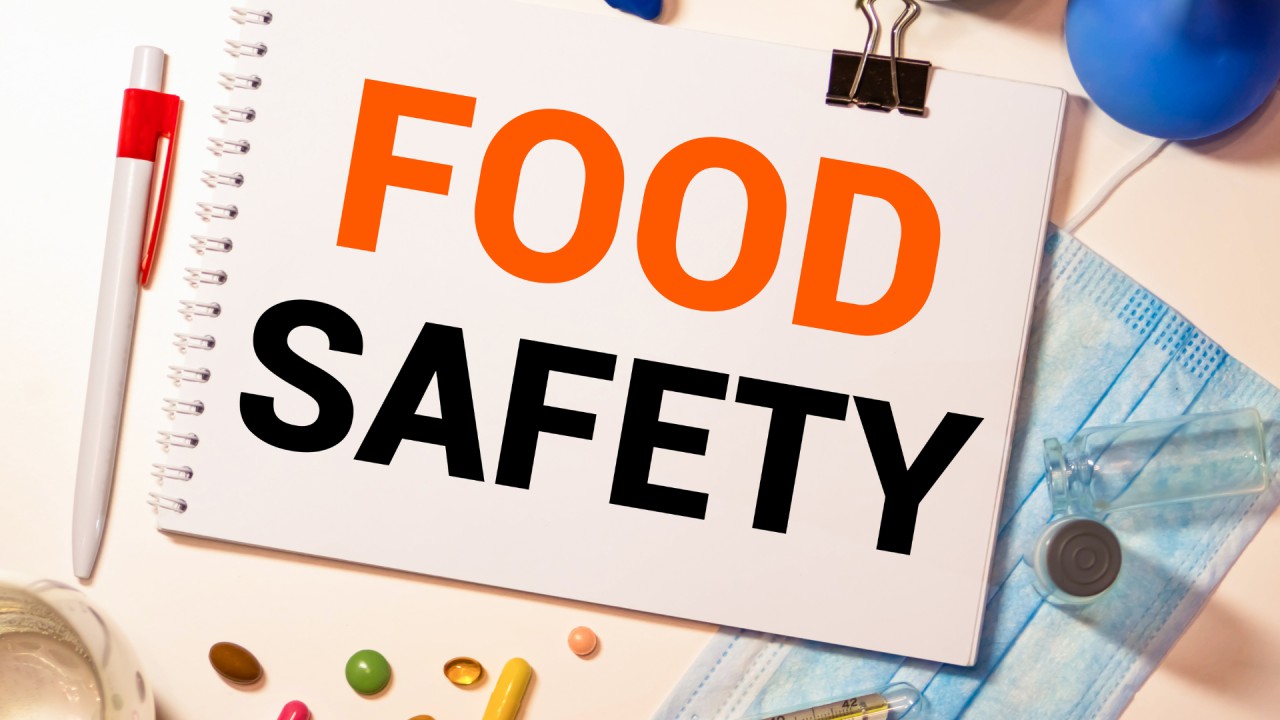Introduction: Why HACCP Certification is a Legal Requirement for Food Businesses
In the vibrant food industries of Dublin, Cork, Galway, Limerick, Waterford, and Belfast, ensuring food safety is not just a priority—it's a legal obligation. HACCP, or Hazard Analysis Critical Control Point, is the cornerstone of effective food safety management systems. As a food business owner, understanding the legal framework surrounding HACCP training is vital to so many aspects of your operations—from compliance with Irish and EU food safety laws to building consumer trust.
What is HACCP? Understanding the Core Principles of Food Safety
HACCP is based on seven fundamental principles designed to identify and control potential hazards in food production, preparation, and service. These principles are:
- Conduct a hazard analysis: Identify any potential hazards at every stage of food production.
- Determine critical control points (CCPs): Identify points where hazards can be prevented or eliminated.
- Establish critical limits: Set maximum or minimum limits to ensure each CCP is under control.
- Establish monitoring procedures: Implement procedures to monitor control of each CCP.
- Establish corrective actions: Define actions to take when a CCP is not under control.
- Establish verification procedures: Create processes to verify that the HACCP system is functioning effectively.
- Establish documentation and record-keeping: Maintain accurate documentation to support compliance.
The Business Benefits of HACCP Training and Certification in Ireland
Investing in HACCP training offers significant advantages beyond compliance:
- Legal Compliance: HACCP certification is a legal requirement under food safety regulations in Ireland and the EU. Non-compliance can lead to legal repercussions and fines.
- Risk Prevention: Effective implementation of HACCP principles significantly reduces the risk of food contamination, protecting your customers and your business from potential hazards.
- Enhanced Reputation: Operating under a HACCP-compliant system builds trust with your customers, showing that you prioritize food safety.
- Improved Efficiency: Streamlining food safety processes can increase operational efficiency, potentially reducing costs associated with food recalls and compliance violations.
- Market Advantage: HACCP certification can give your business a competitive edge, especially in the food service and manufacturing sectors.
How to Get HACCP Certified: A Step-by-Step Guide for Food Businesses
Obtaining HACCP certification involves several key steps:
- Enroll in HACCP Training: Participate in a recognized HACCP training course, either online or in-person, depending on your business needs.
- Conduct a Hazard Analysis: Apply the principles of HACCP to identify and analyze potential hazards in your food operations.
- Develop Your HACCP Plan: Create a thorough HACCP plan that meets the requirements of the relevant food safety laws.
- Implement Monitoring Procedures: Ensure that monitoring procedures are in place to maintain HACCP compliance.
- Review and Document: Regularly review your HACCP plan and maintain proper documentation for audits and compliance checks.
Comparing Online vs. In-Person HACCP Training Courses
When selecting a HACCP training course, consider the two primary options:
- Online HACCP Training: Flexible and often more convenient, allowing participants to learn at their own pace without the need for commuting.
- In-Person HACCP Training: Provides hands-on experience and the opportunity for immediate interaction with instructors and peers, which can enhance understanding.
Common HACCP Violations and How to Prevent Them
Recognizing common mistakes can save your business from costly violations and compliance issues:
- Inadequate Documentation: Ensure all records related to monitoring procedures and corrective actions are meticulously maintained.
- Failing to Conduct Regular Audits: Regular audits help ensure that your HACCP plan is relevant and effective.
- Lack of Employee Training: Make sure all employees are properly trained in HACCP principles and their responsibilities in food safety.
How HACCP Compliance Enhances Business Reputation and Consumer Confidence
Consumers today are more informed and concerned about food safety than ever. By demonstrating HACCP compliance, your food business can:
- Enhance brand loyalty: Customers trust brands that prioritize their health and safety.
- Differentiate from competitors: A recognized HACCP certification sets you apart in the marketplace.
- Attract new customers: Many consumers actively seek out businesses that are HACCP certified.
How to Conduct a HACCP Audit and Maintain Ongoing Compliance
Regular HACCP audits are essential for maintaining compliance:
- Conduct Internal Audits: Regularly assess your HACCP plan and procedures to ensure they are being followed.
- Utilize a Compliance Checklist: Referencing a checklist can help ensure all aspects of the HACCP plan are up to date.
- Stay Informed: Keep abreast of any changes in food safety regulations and adjust your plan accordingly.
Conclusion & Call to Action
HACCP training and certification are integral to the success and safety of food businesses throughout Ireland. Whether you are based in Dublin, Cork, Galway, Limerick, Waterford, or Belfast, understanding and implementing HACCP principles will safeguard your operations and build enduring consumer trust.
Ready to ensure your business meets the highest standards of food safety? Enroll in our HACCP training course today! For inquiries, contact us at [email protected].



 349,500 Offered Certificates
349,500 Offered Certificates
 24/7 Online Training
24/7 Online Training
 Money Back Guarantee
Money Back Guarantee
 Fully Accredited Courses
Fully Accredited Courses
